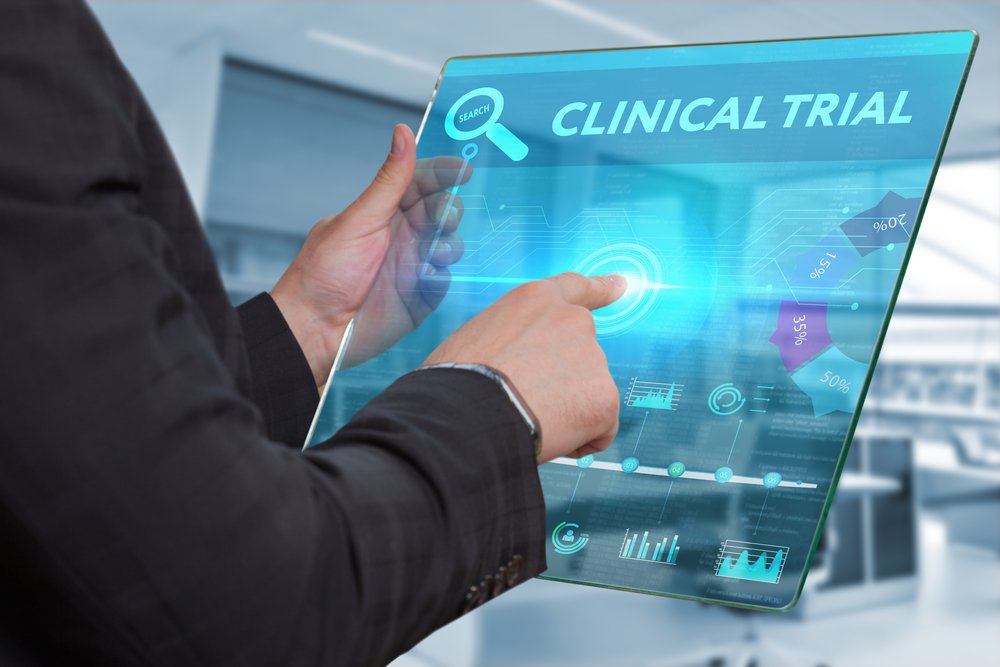Stem Cell Therapy CAP-1002 Shows Promise in Treating DMD-linked Heart Disease
Written by |

Den Rise/Shutterstock
CAP-1002, developed by Capricor Therapeutics, safely and effectively treats cardiac anomalies associated with Duchenne muscular dystrophy (DMD). So says a clinical study whose preliminary results formed the basis of an April 28 webinar jointly hosted by Capricor and the nonprofit groups Coalition Duchenne and Parent Project Muscular Dystrophy.
DMD, which occurs in one of every 3,500 male births, is caused by genetic mutations that impair the normal functioning of muscle tissues, including the heart muscle.
CAP-1002 is a cardiac stem-cell therapy being investigated as a treatment for heart disease. It consists of using cells from a healthy donor’s heart tissue, which are then grown in the laboratory. Later, these cells are directly introduced into the patient’s heart via infusion into a coronary artery using regular cardiac catheterization methods.
The Phase 1/2 HOPE trial (NCT02485938) is currently following 25 patients (aged 12 or older) with DMD-associated heart disease, compared to usual care. Patients assigned to receive the treatment will be given CAP-1002 in the three main coronary arteries to enable broad delivery across the myocardium, or heart muscle tissue. Doctors will follow these patients for one year and perform all heart assessments with magnetic resonance imaging (MRI).
Results from the first six months of follow-up revealed that patients who received CAP-1002 had significant improvements in heart and arm function.
“In HOPE, we saw potential effects in both the heart and skeletal muscle that appear quite compelling in an exploratory trial,” the trial’s principal researcher, Dr. John Jefferies, said in a news release. “These results clearly support the conduct of a confirmatory clinical trial in DMD to further evaluate the potential of CAP-1002. We look forward to an effective medication becoming available for people with this progressive and fatal disease, one that is poorly met by current options.”
The treatment was well-tolerated and safe, and no patient discontinued treatment.
“These initial positive clinical results build upon a large body of preclinical data which illustrate CAP-1002’s potential to broadly improve the condition of those afflicted by DMD, as they show that cardiosphere-derived cells exert salutary effects on cardiac and skeletal muscle,” said Capricor President and CEO Linda Marbán.
The company has asked the Food and Drug Administration (FDA) for a meeting to discuss possible registration strategies for CAP-1002. It plans to begin a clinical trial of IV-administered CAP-1002 later this year.
“We believe the interim HOPE results may enable us to pursue one of the FDA’s Expedited Programs for Serious Conditions,” said Marbán, adding that Capricorn will seek either or both of the Breakthrough Therapy and Regenerative Medicine Advanced Therapy designations for CAP-1002.





